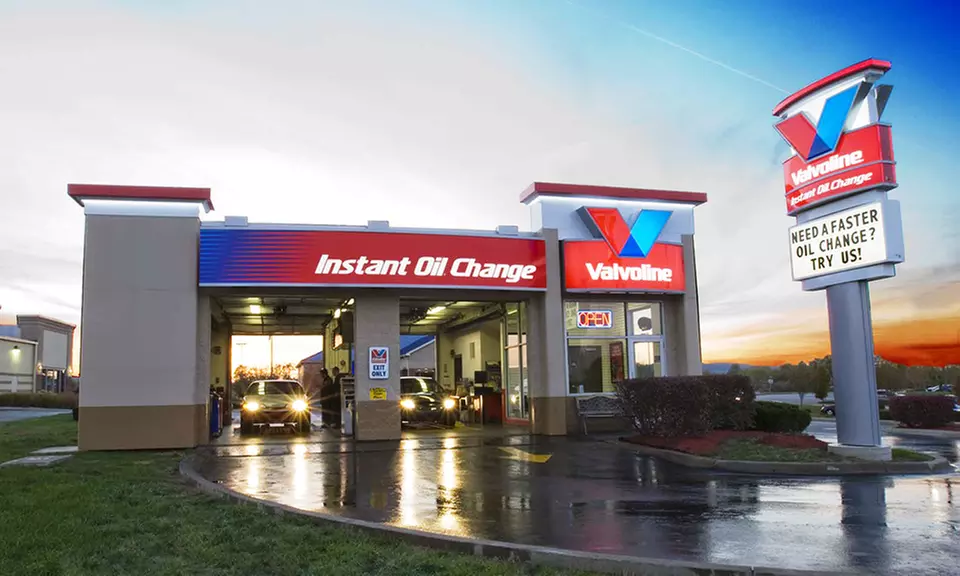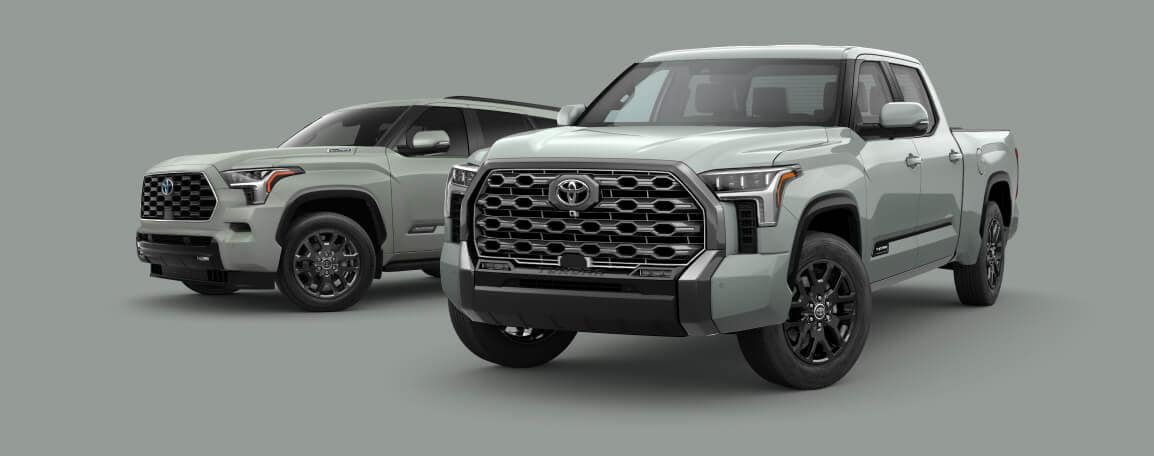The Subaru Forester has been a popular compact SUV for years, earning a reputation for reliability, practicality, and off-road capability. However, not all Subaru Forester models are created equal. Some years have experienced significant issues that have led to costly repairs and disappointing performance for their owners. In this article, we’ll dive into the Subaru Forester years to avoid, exploring the common problems with each model year and offering insights into which ones might be better choices for potential buyers. Additionally, we will provide answers to frequently asked questions to help you make a more informed decision.
Introduction to Subaru Forester
Before we delve into the specific years to avoid, let’s briefly explore what makes the Subaru Forester a top choice for many drivers. The Forester is a compact SUV that has been in production since 1997. It’s known for its all-wheel-drive (AWD) system, spacious interior, and high safety ratings. Subaru has consistently updated the Forester, with each new generation bringing improvements in technology, performance, and design.
However, like many vehicles, the Forester has had its share of problem years. Knowing which model years have had issues can help you avoid a bad purchase and keep your Subaru experience enjoyable.
Common Problems with Subaru Forester
Subaru Foresters are generally well-regarded for their longevity, but some model years have experienced issues that you should be aware of before making a purchase. Here are the most common problems that have plagued various Subaru Forester years:
- Engine Problems Subaru Foresters have been known to suffer from engine-related issues, such as excessive oil consumption, premature engine failure, and head gasket problems.
- Transmission Issues Some Forester years have had issues with the CVT (Continuously Variable Transmission), such as slipping, jerking, and premature failure.
- Suspension and Steering Problems Foresters from certain years have experienced issues with the suspension and steering systems, which can lead to a rough ride and compromised safety.
- Electrical Issues Electrical problems, including malfunctioning airbags, faulty sensors, and electrical system failures, have been reported in some Subaru Forester years.
- Brake Issues The braking system in certain models has been prone to early wear and tear, including issues with the ABS (Anti-lock Braking System) and other brake components.
Now that we’ve covered the most common problems, let’s take a look at the specific Subaru Forester years to avoid.
Subaru Forester Years to Avoid
1. 2001 Subaru Forester
The 2001 Subaru Forester has earned a place at the top of the list of years to avoid due to several significant issues. One of the most problematic is the head gasket failure. The 2001 Forester, equipped with the 2.5L engine, is notorious for having head gasket leaks that can lead to costly repairs. Additionally, the early models of the Forester had issues with the timing belt, which could cause engine damage if not replaced on time.
2. 2003 Subaru Forester
The 2003 model year is another Forester that buyers should be cautious about. Like the 2001 Forester, it suffers from head gasket issues that can lead to engine failure if not addressed early. Additionally, the 2003 Forester is known for its transmission problems, with many owners reporting premature transmission failure or issues with shifting.
3. 2004 Subaru Forester
The 2004 Subaru Forester continues the trend of problematic head gasket issues. Furthermore, this model has been known to have issues with the rear suspension, leading to an uncomfortable ride and potential safety concerns. The 2004 Forester also has issues with the engine stalling and difficulty starting, which could be related to faulty sensors or fuel system problems.
4. 2005 Subaru Forester
The 2005 Subaru Forester shares some of the same issues as the 2004 model, including the persistent head gasket problem. Additionally, the 2005 model has experienced issues with the CVT transmission, with some owners reporting strange noises, slipping, or complete transmission failure. Brake issues, including premature wear and issues with the ABS system, are also common in this model.
5. 2006 Subaru Forester
While the 2006 Subaru Forester is generally more reliable than the earlier models, it’s still not without its issues. This model year is known for having issues with the suspension system, particularly the rear struts, which can wear out prematurely and cause a rough ride. Some owners have also reported issues with the engine misfiring and poor fuel efficiency.
6. 2009 Subaru Forester
The 2009 Subaru Forester had a major redesign that made it more comfortable and stylish, but it also brought along some problems. Owners have reported issues with excessive oil consumption, a problem that plagues Subaru vehicles from various years. Additionally, the 2009 Forester had electrical issues, including malfunctioning sensors and problems with the air conditioning system.
7. 2014 Subaru Forester
The 2014 model year is part of the fourth generation of the Forester, and while it’s a generally good vehicle, it has some issues that buyers should be aware of. The 2014 Forester is known for problems with the CVT transmission, including hesitation, slipping, and stalling. Some owners have also experienced issues with the fuel system and excessive oil consumption, which can lead to costly repairs.
8. 2015 Subaru Forester
Similar to the 2014 model, the 2015 Subaru Forester has issues with the CVT transmission and the oil consumption problem. Many drivers have reported that their vehicles consume excessive amounts of oil, which could lead to engine damage if not monitored closely. Additionally, the 2015 model has been known to have issues with the air conditioning system and a higher frequency of brake system repairs.
Best Subaru Forester Years to Consider
If you’re looking for a Subaru Forester that has fewer issues, there are some years that are known to be more reliable. Here are a few to consider:
- 2017 Subaru Forester: This year is part of the fifth generation of Foresters and has received high marks for reliability and safety. It comes with modern features and a more efficient engine.
- 2018 Subaru Forester: The 2018 Forester is another solid choice, offering a refined interior, excellent safety features, and a reliable engine. It’s a great option for those seeking a more modern SUV.
- 2020 Subaru Forester: The 2020 Forester is highly rated for its smooth ride, advanced technology, and safety features. It also has fewer long-term reliability issues than some of the older models.
Frequently Asked Questions (FAQs)
Q1: How long does a Subaru Forester typically last?
A1: A Subaru Forester can last between 200,000 to 250,000 miles with proper maintenance. However, some models have been known to suffer from engine and transmission issues, which can affect their longevity.
Q2: Are Subaru Foresters good for off-roading?
A2: Yes, Subaru Foresters are well-known for their all-wheel-drive capabilities, making them a good choice for light off-roading. However, they are not built for extreme off-roading like some larger SUVs or trucks.
Q3: What is the most reliable Subaru Forester model?
A3: The 2017, 2018, and 2020 Subaru Forester models are generally considered the most reliable and have fewer long-term issues compared to other years.
Q4: What should I check when buying a used Subaru Forester?
A4: When buying a used Subaru Forester, check for common issues such as oil consumption, head gasket leaks, transmission problems, and suspension wear. It’s also important to get a full service history and have the car inspected by a mechanic.
Q5: How often should I replace the timing belt on a Subaru Forester?
A5: If your Subaru Forester has a timing belt, it should be replaced every 105,000 miles or according to the manufacturer’s recommendation. Failure to replace it on time can lead to serious engine damage.
Conclusion
When purchasing a used Subaru Forester, it’s essential to know which model years to avoid in order to minimize the chances of costly repairs and maintenance. The 2001, 2003, 2004, 2005, 2006, 2009, 2014, and 2015 models are all years that have experienced significant issues, including head gasket problems, CVT transmission failures, and oil consumption issues.



